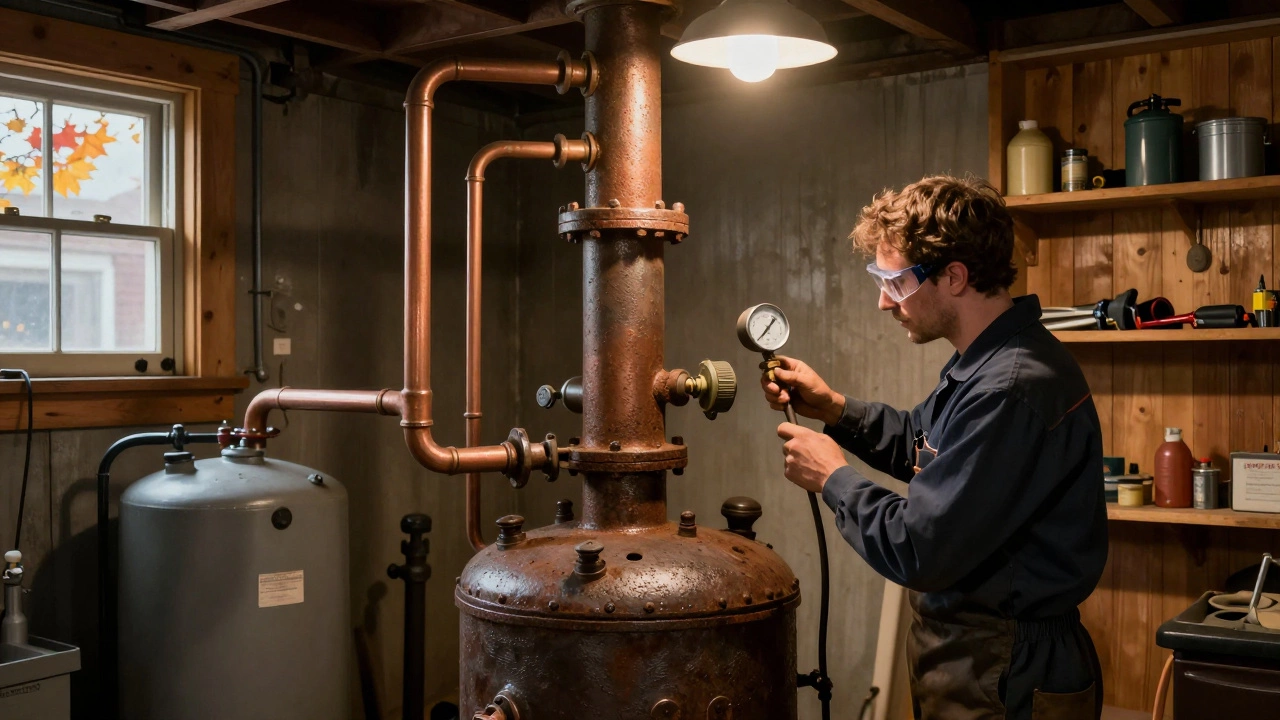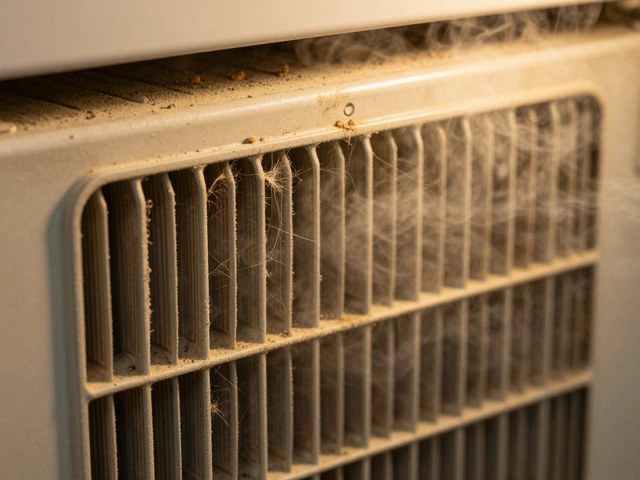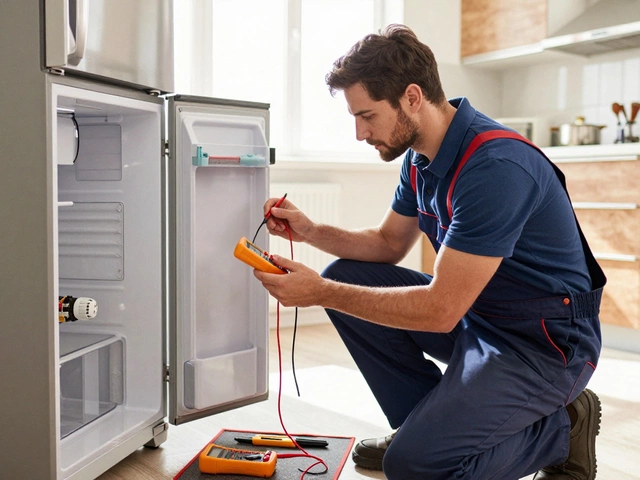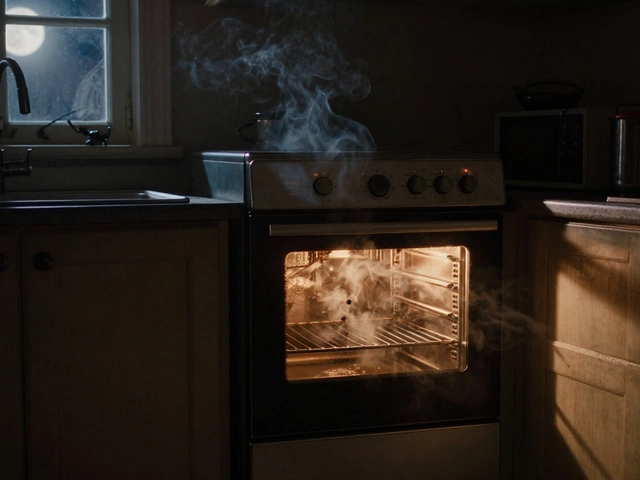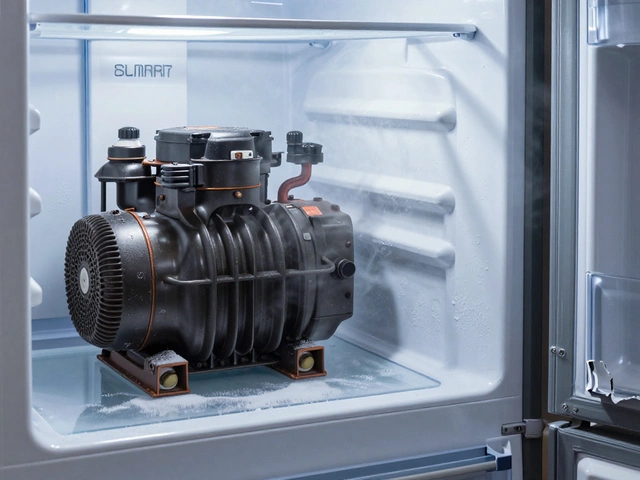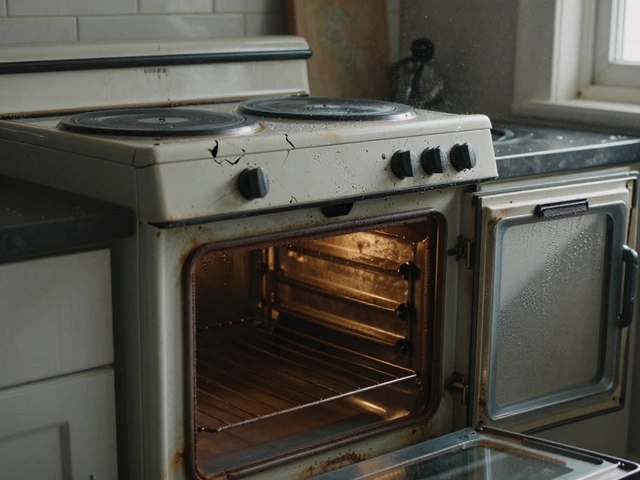Old Boiler Guide: Repair, Service & Replacement Basics
If your boiler is making strange noises, losing pressure, or breaking down often, it’s probably getting old. Knowing what to look for can save you cash and stress. Below we break down the tell‑tale signs of an aging boiler, what a good service includes, and how to decide whether to fix it or buy a new one.
How to Tell Your Boiler Is Getting Old
First, check the age. Most boilers last 10‑15 years if they’re well cared for. Anything beyond that should get a closer look. Look for these common issues:
- Frequent trips of the safety valve. This means pressure spikes or a failing heat‑exchanger.
- Rust or corrosion on pipes. Water inside the system carries minerals that can eat away at metal.
- Cold spots on radiators. If some rooms stay chilly while the boiler runs, the heat‑exchanger might be clogged.
- Rising energy bills. An old boiler isn’t as efficient, so you’ll see higher costs.
- Odd smells. A burning smell could be a cracked seal or a failing pump.
When you spot any of these, call a qualified technician for a quick check. A simple service can reveal whether the problem is a minor fix or a sign of bigger wear.
Should You Repair or Replace an Old Boiler?
Repairing an old boiler can be cheap if the fault is small—like a faulty thermostat or a leaking valve. However, every repair adds to the overall cost and can reduce the lifespan further. Use this rule of thumb: if the repair bill is more than 30‑40% of the price of a new boiler, consider swapping it out.
Here’s a quick cost comparison:
- Minor repair (e.g., pump replacement): £100‑£300.
- Major part (e.g., heat‑exchanger): £500‑£1,200.
- New boiler (including installation): £2,000‑£4,000.
New boilers are more efficient, which can lower your energy bill by up to 20%. Many installers also offer a guarantee of 5‑10 years, giving you peace of mind.
If you decide to replace, follow these steps:
- Get at least three quotes from local, certified installers.
- Ask about the best model for your home size and heating type.
- Check for government or utility rebates that can lower the upfront cost.
- Schedule a full service after installation to keep the warranty valid.
Even if you keep the old unit, regular servicing is a must. A good boiler service includes:
- Cleaning the heat‑exchanger.
- Testing safety valves and pressure relief.
- Checking for gas leaks and carbon monoxide risk.
- Adjusting the combustion settings for optimal efficiency.
Most technicians can complete this in under an hour, and it usually costs £80‑£150. Doing this once a year can spot problems early and extend your boiler’s life.
Bottom line: keep an eye on age, performance, and repair costs. Small fixes are fine, but once the boiler hits 15 years or repair costs climb, a replacement is often the smarter move. A fresh, efficient boiler means fewer breakdowns, lower bills, and a warmer home.
Need help with an old boiler? Our local team in Weymouth can diagnose, repair, or install a new unit fast and at a fair price. Give us a call and get your heating back on track.
Can a Boiler Last 50 Years? Realistic Expectations and How to Make It Happen
- Alden Wilder
- Dec 25 2025
- 0 Comments
A boiler can last 50 years with proper maintenance, clean water, and annual servicing. Learn what makes older cast iron boilers last decades and when it's time to replace yours.
View MoreIs It Worth Replacing a 15 Year Old Boiler? Real-Life Answers You Need
- Alden Wilder
- Jun 12 2025
- 0 Comments
Thinking about replacing your 15-year-old boiler? This article digs into whether you should keep repairing it or just swap it out for something newer. You'll learn about running costs, energy efficiency, common failure issues, and smart ways to decide what fits your home best. Get tips, cost comparisons, and clear signs when it's time to let go. We'll help you put your money where it matters most.
View More